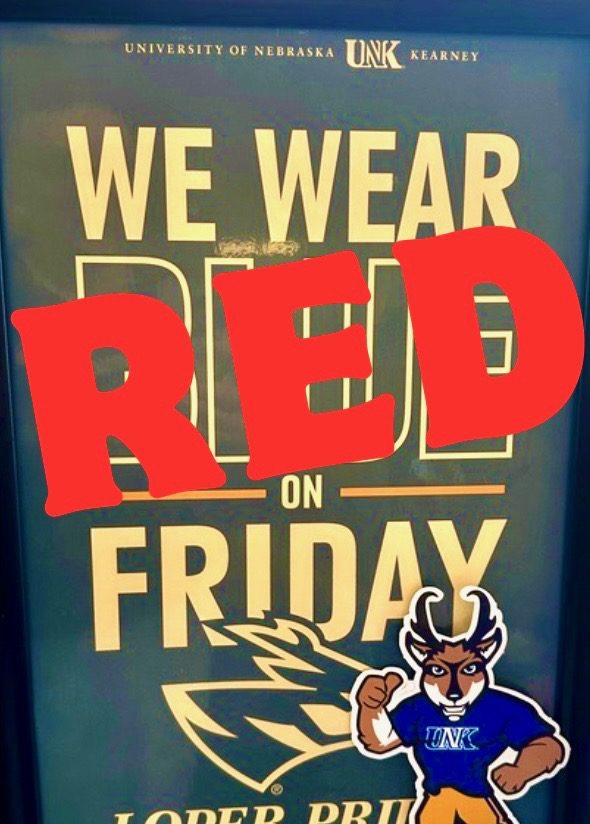ELLIOT GONELLA
Climate change is often viewed as controversial when it should not be.
There is not a global conspiracy of scientists coming to the same conclusion like some Ayn Rand Saturday morning cartoon. Due to carbon emissions, predominately caused by human actions, the average temperature of the earth is rising. With that change in temperature, stormy weather becomes more severe and frequent, and the conditions for animals change enough to upset their fragile ecosystems.
Of course, convincing people the world is in danger is hard because the world is a very large place. Unfortunately, climate change will not spare our nation or even Nebraska according to the Fourth National Climate Assessment published by the US Global Change Research Program. The report states that due to the increase of temperature across the globe, and unless drastic action is taken to avert such a change, the United States is expected to lose around 10 percent of its GDP by the end of the century.
Nebraska, the predominately agricultural state that we are, is expected to bear the brunt of such damages. Agriculture is a key part of state life in Nebraska, an estimated 91 percent of all land in Nebraska, about 45.2 million acres, is used by farmers or ranchers and agriculture accounts for 1 out of every 4 jobs in the state according to the Nebraska Department of Agriculture. Nebraska is fortunate to have natural advantages such as the Oglala Aquifer and fertile land; unfortunately those advantages can be fleeting with climate change.
Weather has always been fickle in the state, which often leads to the joke of “if you don’t like the weather, wait a few minutes and it will change.” With the increase of temperature, the weather conditions that make growing crops in Nebraska will change. Higher temperatures, drought, flooding and severe weather that make the moniker of ‘Tornado Alley’ well deserved will become common occurrences.
This will make growing constant large harvests next to impossible. The Climate Assessment estimates that the Midwest will produce 75 percent less corn then it does today during climate change. That corn is used for animal fodder and human consumption, which will be a gap that will be very difficult to fill as other crops will face similar changes in production. The heat will also impact dairy production through heat stress, which can also translate into reduced calf production for veal or cattle herds. Fewer goods produced will damage the state economy which has been firmly rooted in agriculture.
Now consider the non-agricultural costs of climate change for Nebraska. Severe weather and heat will lead to more deaths in the summer months.Climate change is expected to cause another 2,000 premature deaths by 2090 in the Midwest alone. The change in summer weather also leads to more mosquitoes that can carry West Nile or Zika.
Despite all of the dangers presented, the current tenant in the White House dismisses the claim because… of course he did. The man would rather trust his gut than the collective brain of some of the nation’s best scientists. I think it a fitting irony that those who supported Trump are states, such as Nebraska, at risk for losing quite a lot due to his negligence. Trump withdrew from the Paris Agreement to protect the interests of those in his circle of admirers who had something to lose in the dying industry of coal, which in turn is going to damage the larger and more vital agricultural industry.
This is not a problem that can be solved with more fertilizer or better pens for animals. Change needs to be rapid and deliberate. I trust scientists more knowledgeable than myself to come up with solutions that will avert or minimize the damage caused by the warming of the planet. I trust their brains, not Trump’s gut.
































